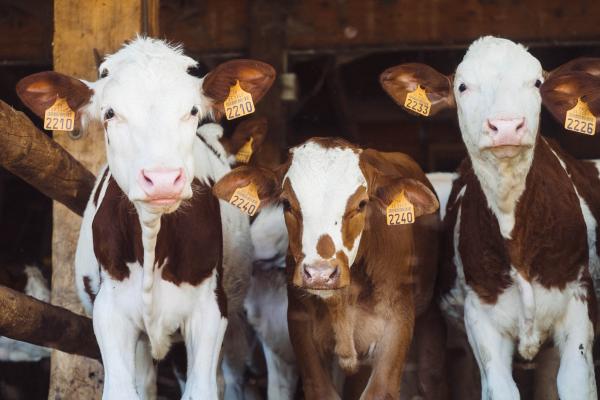Research shows that one of the most effective ways we can tackle climate change is by reducing our meat consumption or even cutting it out entirely. According to the Food and Agriculture Organization of the United Nations, 14.5% of global emissions comes from livestock, with cattle (raised for beef and milk) representing 65% of this sector’s emissions. A fellow from the UBC Sustainability Initiative attributes 11% of the total emissions to "unsustainable forms of mass-scale factory farming", as described in this CBC article.

Photo by Annie Spratt on Unsplash
A few signs point to a shift in attitude and culture around meat consumption. The latest Canada Food Guide urges Canadians to “choose protein foods that come from plants more often” while this Dalhousie University study estimates that over 6.4 million Canadians already have diets that restrict their meat consumption. The “Beyond Meat Burger”, a plant-based patty made popular by A&W, is hitting Canadian shelves on May 1st while Maple Leaf Foods started producing plant-based products to meet their goal of becoming “the most sustainable protein company on earth”. While some choose a low-meat or no-meat diet for the environment, others make this lifestyle choice for health and animal welfare reasons. However, there really is no single driver for this shift.
It’s easy for individuals to feel as though they can’t make a difference when it comes to climate action. However, simple acts such as adjusting eating habits or reducing plastic consumption are incredibly tangible strategies. Such acts have made a huge cultural impact, perhaps explaining why many people are jumping on this bandwagon. While going full vegan is a challenging sell, many are promoting decreases in meat through campaigns like #MeatlessMonday.
Check out our video below to learn more about the impact of red meat on the environment.
- Log in to post comments



CRC Comments